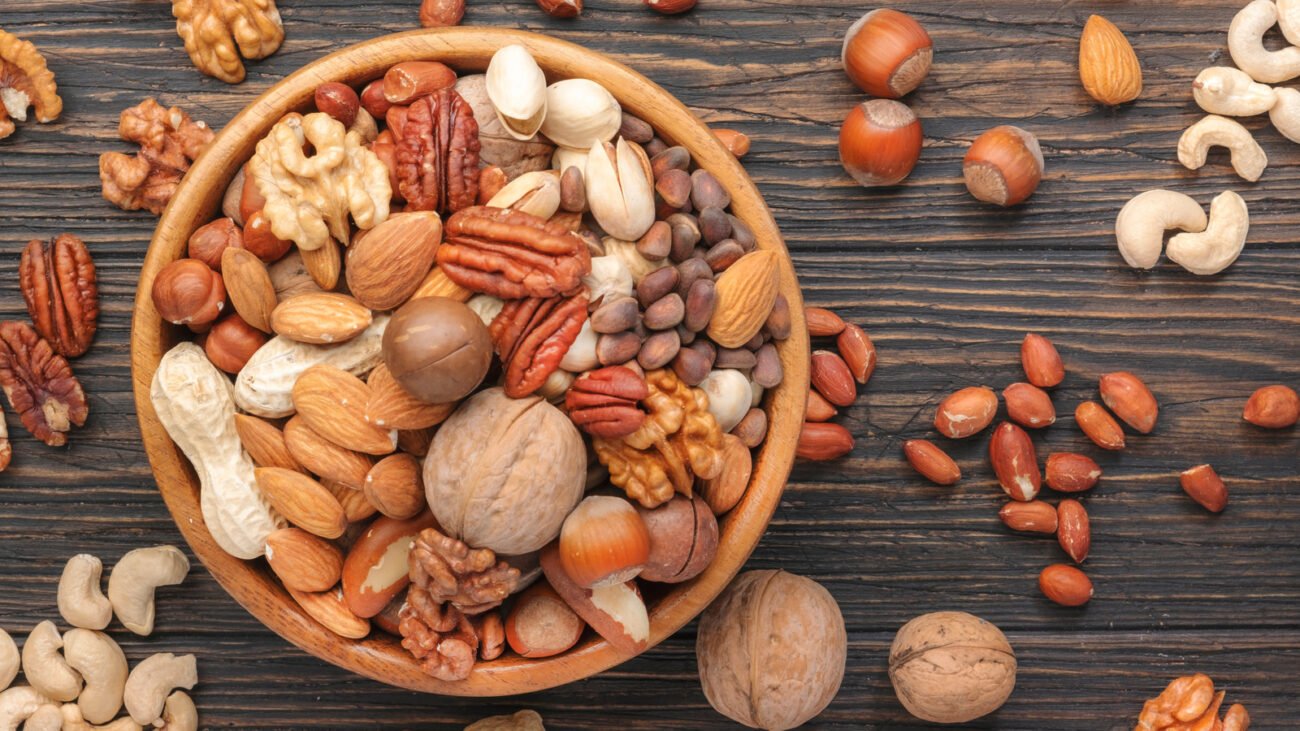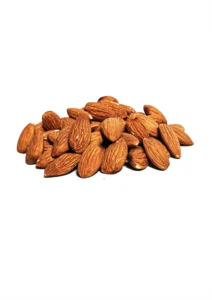Late Night Eating! Does It Really Affects Your Health?
Late-night eating has long been a subject of debate when it comes to its impact on our health. With our busy lifestyles, it’s not uncommon for late-night snacking to occur. In fact most of us have indulged in late-night snacking while binge-watching our favorite shows or movies, or perhaps you have a very busy work schedule that you frequently eat supper around 10 p.m. If this describes you, you are not alone. Though it doesn’t seem ideal, which brings about the question, “is it that harmful to your health?” What does science say about this habit? Does eating late at night truly have adverse effects on our health? In this article, we will dive into the research and unravel the truth behind late-night eating and its potential implications for our overall well-being.
According to a recent study, eating late might have an impact on heart disease. “Meal timing regulates biological clocks that are involved in several circadian functions such as regulating blood pressure, metabolism, and hormonal secretion,” explains Bernard Srour, PharmD, PhD, MPH, co-author of the study and professor of epidemiology at INRAE, Inserm, and Sorbonne Paris Nord University, co-author of the study.
“Previous research has suggested a potential connection between missing breakfast and worse metabolic health. However, nothing is known about the relationship between heart disease and the time of meals”
Beyond the nutritional value of the diet, researchers examined the eating schedules of over 103,000 individuals to see whether there may be a connection between the timing of meals and the risk of cardiovascular disease, according to Srour. As a tactic to safeguard heart health, it may be useful to better understand the possibility of this relationship. The researchers found that eating your first meal after 9 a.m. (as opposed to before 8 a.m.) and your last meal of the day after 9 p.m. (as opposed to before 8 p.m.) increased your risk of cardiovascular events, including heart attacks and strokes, particularly in women.
Although the findings are intriguing, it’s too soon to come to conclusions regarding the relationship between heart health and meal time. According to Srour, “Our research suggests it might be advantageous to eat early in the morning and stop early in the evening to ensure a long enough nighttime fast duration. However, these are merely epidemiological signals, which require confirmation through additional research, cohorts, and randomized controlled trials.”

Should you eat late at night?
It depends. “It’s not irrational. For instance, if you had dinner at five and it’s nine and you’re hungry, you should eat”, advises Deborah Cohen, DCN, RDN, an associate professor at Rutgers University’s School of Health Professions‘ clinical and preventive nutrition science department. “However, it depends on how much and what you eat.”
It’s advisable to assess the reasons behind your nighttime eating desires. Dietitian Jason Ewoldt, MS, RDN, of the Mayo Clinic, says, “We may not recognize when we’re hungry because we’re surrounded by food all day.” “Ask yourself if you’re truly hungry or if you’re just eating because it’s your habit, because you’re watching your favorite show or because you’re tired or bored.”
The Connection between Late-Night Eating and Weight Gain:
Many studies suggest a connection between late-night eating and weight gain. When we eat late at night, our body’s metabolism tends to slow down, making it harder to burn those extra calories. Additionally, consumption of high-calorie, unhealthy foods during this time could contribute to weight gain. However, it’s important to note that weight gain is ultimately determined by the overall calorie intake throughout the day rather than the specific timing of meals.

Effect on Digestion and Sleep
Eating close to bedtime can disrupt the digestion process and interfere with a good night’s sleep. Lying down immediately after eating can lead to acid reflux and heartburn, making it difficult to fall asleep comfortably. It’s recommended to allow at least two to three hours between your last meal and bedtime to improve digestion and ensure a restful sleep.
Late-Night Snacking and Nutritional Choices
Another concern with late-night eating is the type of food choices we tend to make. At night, we often crave comfort foods that are often high in fat, sugar, and salt. These indulgent snacks can increase the risk of chronic diseases such as obesity, diabetes, and heart problems. Opting for healthier alternatives like fresh fruits, yogurt, or a handful of nuts can provide satisfaction without compromising nutrition.
The Importance of Mindful Eating

When it comes to eating, mindfulness plays a crucial role regardless of the time of day. Listening to our body’s hunger and fullness cues is essential, even during late-night cravings. Engaging in mindful eating practices can help prevent overeating and promote a healthier relationship with food overall.
Tips for Managing Late-Night Snacking
- Plan your meals to ensure you’re adequately nourished throughout the day, reducing the likelihood of excessive hunger at night.
- Keep nutritious snacks readily available for when cravings strike, such as sliced veggies, hummus, or air-popped popcorn.
- If you feel hungry late at night, opt for lighter options that won’t burden your digestive system. A cup of herbal tea or a small bowl of low-fat yogurt can be satisfying choices.
- Establish a consistent sleep schedule to regulate your body’s internal clock and reduce the likelihood of late-night snacking driven by irregular sleeping patterns.
- If you find yourself routinely reaching for snacks late at night due to emotional or stress-related reasons, consider finding alternate ways to cope with these emotions, such as practicing meditation or engaging in a calming activity.

Conclusion
While late-night eating may have some potential drawbacks, it doesn’t necessarily spell doom for your health. New research suggests that eating your first meal of the day before 8 a.m. and your last meal before 8 p.m. could be good for your heart health. Paying attention to portion sizes, making nutritious choices, and being mindful of your eating habits can help maintain a balance. Ultimately, it’s about finding what works best for your body and lifestyle. So, next time you feel those late-night cravings, listen to your body and make conscious decisions that support your overall health and well-being.







